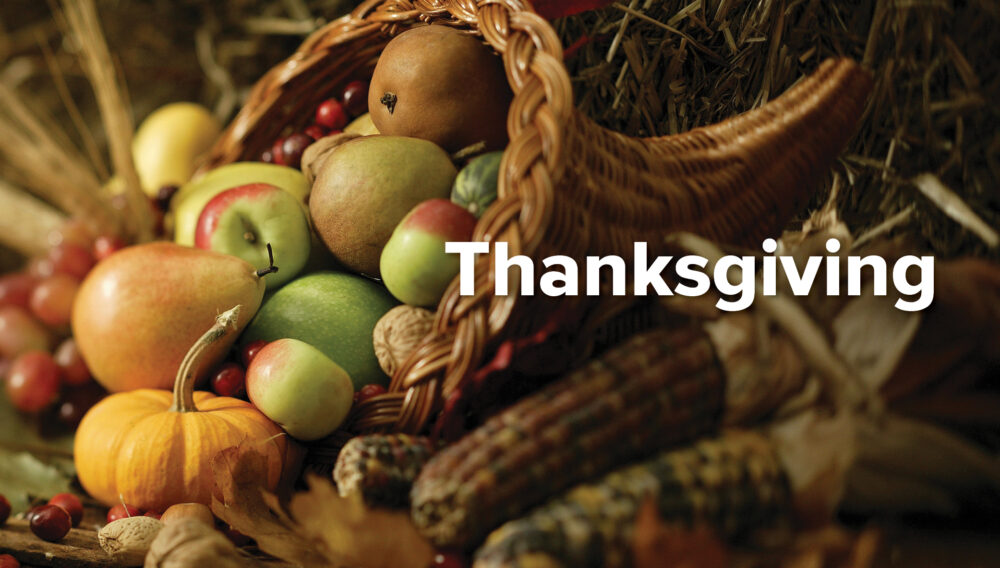Thanksgiving

Thanksgiving Day is a national holiday that is based on the 1621 Plymouth colonist and the Wampanoag people sharing an autumn harvest feast that subsequently became the first Thanksgiving celebration in the colonies. For the Native Americans, the assembly of the Wampanoag people and English settlers had more to do with political alliances, diplomacy, and a pursuit of peace. While Americans share a meal and give thanks for family, friends, and community, the United American Indians of New England recognize it as a National Day of Mourning for Native Americans and their allies.
As a holiday, Thanksgiving originates from the from the Native American philosophy of giving without expecting anything in return. During this meal, the Wampanoag people shared their land, food, and knowledge of the environment with the English. The Wampanoag tribe not only provided the food, but also the teachings of agriculture and hunting. Corn, beans, wild rice, and turkey are some of the foods introduced by Native Americans.
This time of year, the two holidays of Thanksgiving and Native American Heritage Day, give us the opportunity to reflect on our collective history and to celebrate the beauty, strength, and resilience of the Native tribes of North America. The idea of giving thanks is central to Native heritage and culture and in this way, Thanksgiving is a chance for all to appreciate family, community, and the riches of the land.
Recommended Resources for Learning more:
Native Hope
The History of Thanksgiving
Watch The True Story of the First Thanksgiving



